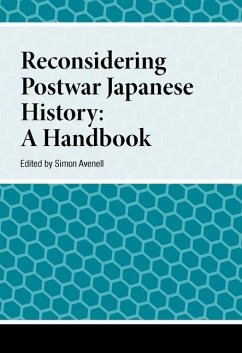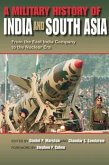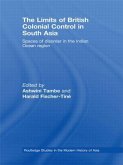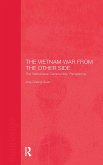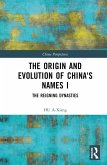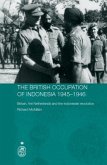After war defeat in 1945, Japan underwent historic political, economic and social transformations resulting in the country's rebirth as an economic powerhouse and exemplar of liberal democracy in East Asia. This handbook expands and enriches our understanding of this tumultuous contemporary era in Japan's modern history. Chapters in the volume ask novel theoretical questions and present fresh empirical perspectives on the era. How, for example, has the postwar era been chronologized to date and how might we rethink or enhance such interpretations? What can we learn by rethinking established moments and phases like the Allied Occupation, the period of high-speed economic growth, the 1970s, the Bubble Economy, and the "lost decades" of Heisei Japan (1989-2019)? What new issues might we introduce to subvert accepted understandings of the postwar era and its various sub-eras? Moreover, how might Japan's internal postwar be expanded by rethinking the era through novel historical frameworks and regional imaginaries such as East Asian history, Cold War history, environmental history and transnational history? Contributors attempt to transcend temporal, geographical, intellectual and other boundaries inherent in our current understandings of Japan's postwar experience to provide a compelling compilation of perspectives. Showcasing the work of historians and leading scholars from other disciplines, chapters cover thematic areas including the origins of the postwar era, postwar politics, society and popular culture, transnational and international interactions, and historical memory. The volume's extensive chronological coverage, combined with the innovative perspectives of the contributors, make it essential reading for both researchers and learners interested in the multifaceted dynamics of Japan's fascinating contemporary era.
Bitte wählen Sie Ihr Anliegen aus.
Rechnungen
Retourenschein anfordern
Bestellstatus
Storno

